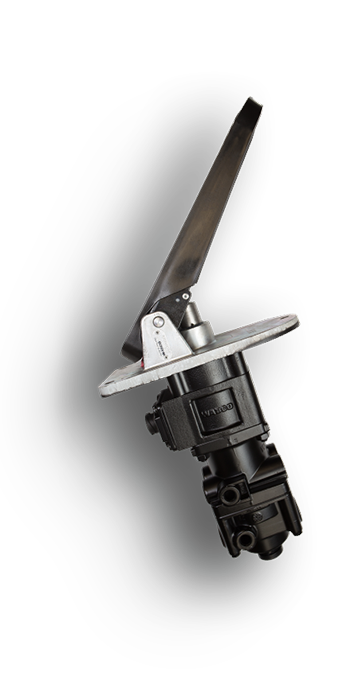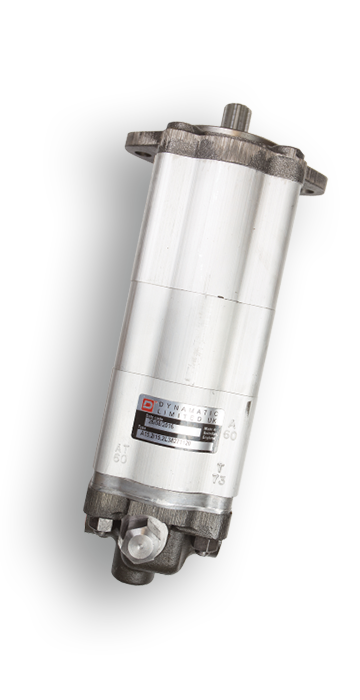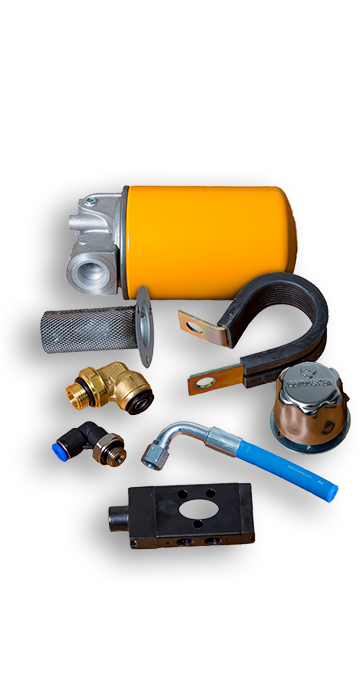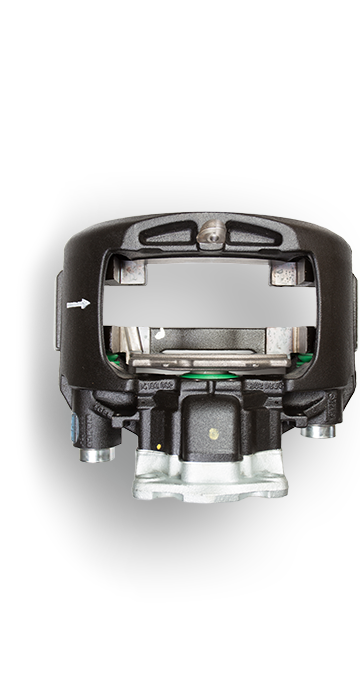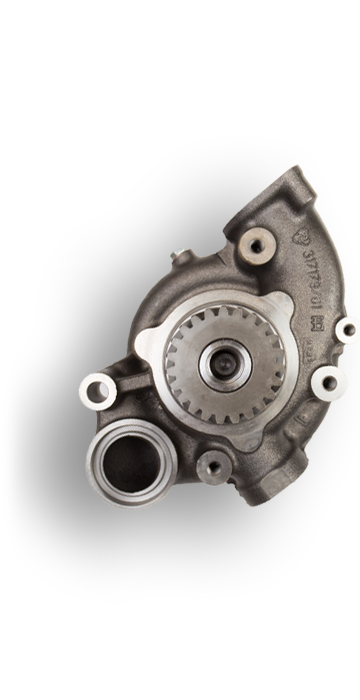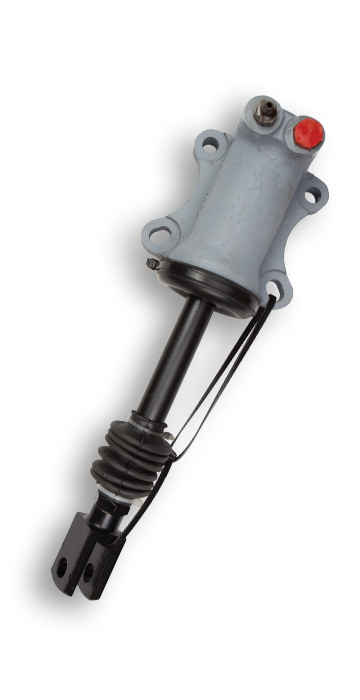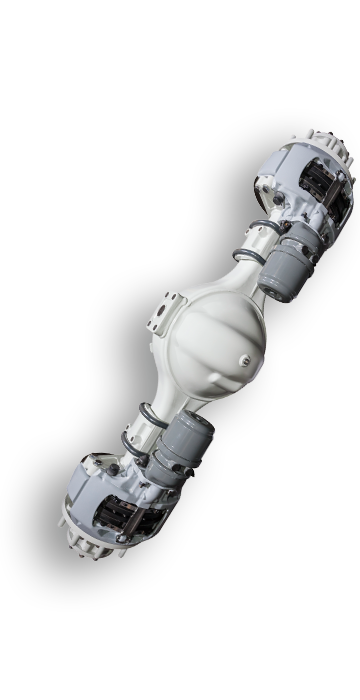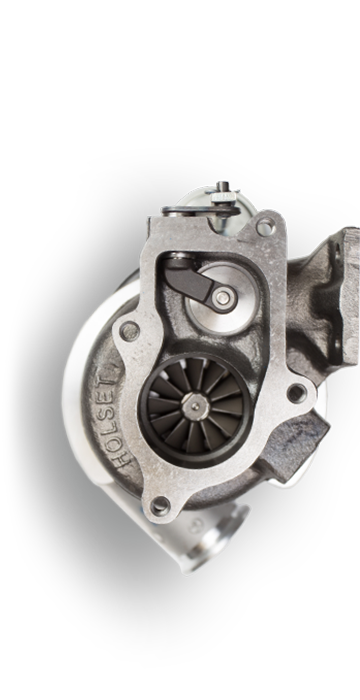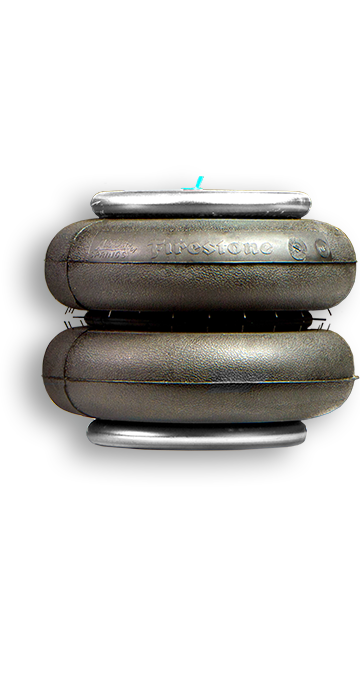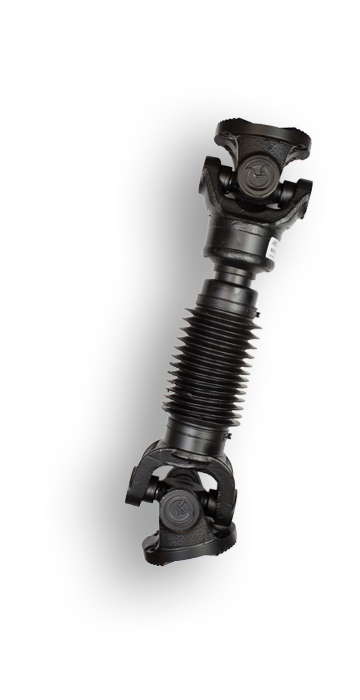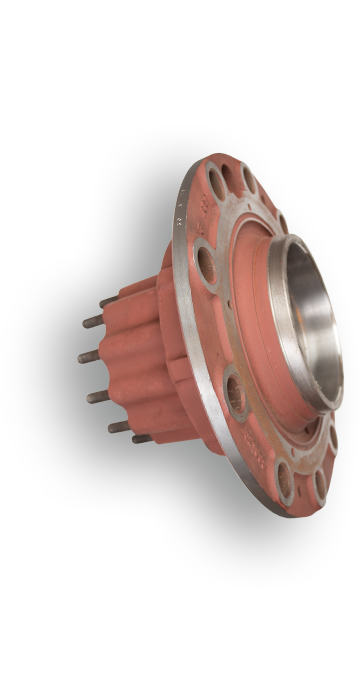Two significant announcements focused on improving air quality have been welcomed by leading bus and coach parts supplier, Imperial Engineering.
With an ambition to ensure that all 9,200 buses across London are zero emission by 2037 at the latest, the Mayor of London’s Office has committed to an £86.1 million programme to retrofit around 5,000 of the capital’s bus fleet to meet the latest Euro VI emission standard.
Transport for London (TfL), which operates the capital’s bus network, will work with Amminex, Baumot Twintec, Eminox, HJS and Proventia to retrofit buses across with Selective Catalytic Reduction (SCR) exhaust systems designed to reduce nitrogen dioxide, as well as Diesel Particulate Filters to reduce air pollution.
The programme is due to be completed by September 2020 and announcing the move, Mayor of London, Sadiq Khan, said: “We know that pollution from our roads is a major contributor to London’s toxic air. That’s why we are working so hard to introduce new clean buses on our streets and why we are continually looking for innovative ways to clean up the most polluting buses. There’s no doubt that by cutting the emissions of more than half of the fleet by up to 95%, this innovative retrofit programme is going to make a huge difference to Londoners.”
Also welcomed by Imperial Engineering is the fact that more than 40 new apprenticeships are being created to support the retrofit programme. The apprentices will be employed by the five suppliers and will work across the project in a range of areas. Imperial is an advocate of apprenticeships, as noted in an earlier blog post.
In addition, the Mayor of London’s long-term transport strategy confirms that from next year, all new double-deck buses deployed in the capital will be hybrid, electric or hydrogen fuelled. In central London, all double-deck buses will be hybrid by 2019 and all single-deck buses will be zero emission capable by 2020.
Another major announcement by the Government has been the awarding of £28 million in capital funding for a new facility which, it is claimed, will ‘lead the development of future generations of ultra-low emission vehicles’.
The West of England Combined Authority and Local Enterprise Partnership has also committed support for the project with the allocation of £10m through the Local Growth Fund.
Work on The Institute for Advanced Automotive Propulsion Systems (IAAPS), located at the University of Bath’s Bristol and Bath Science Park will begin next summer and is expected to take two years to build, at a total investment of £60 with the remainder coming from the private sector. IAAPs will support research, training and skills development in automotive engineering.
John Dwight, Imperial Engineering’s Sales Manager, commented:
“The issue of air pollution is very much in the headlines, particularly in London and other major cities, so these recent announcements represent positive steps forward in tackling the problem in both the short to medium and longer term. Retro-fitting existing vehicles is a smart move, as the alternative would be to replace units prior to Euro 6 vehicles which would mean moving nearly new vehicles out of London and passing the problem on somewhere else. However, it does feel that innovation around emissions and the powering of vehicles is spreading to other cities outside the capital. There is clearly a trend towards cleaner, more efficient PSV vehicles which can only be a good thing for us all and the quality of the air we breathe!”
